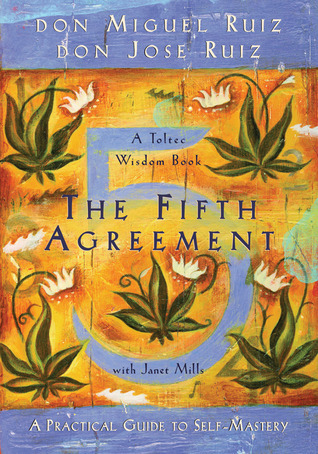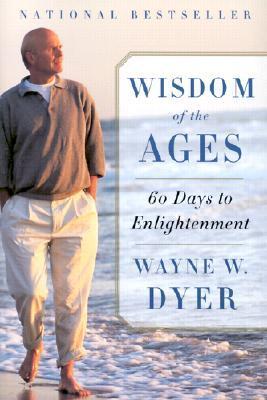
The Four Agreements: A Practical Guide to Personal Freedom
Book Description
Unlock the secrets to a life unshackled by fear and self-doubt. "The Four Agreements" delivers a profound code of conduct, transforming the way you perceive yourself and your relationships. With each agreement, step boldly into personal freedom, shedding the beliefs that bind you. Experience a journey of self-discovery that reveals the immense power of truth, respect, and liberation. This isn’t just a guide; it’s a call to awaken the warrior within, challenging every limiting notion you've accepted. Are you ready to embrace the sacred wisdom that will redefine your existence?
Quick Book Summary
"The Four Agreements" by Don Miguel Ruiz is a transformative guide rooted in ancient Toltec wisdom, offering a practical code of conduct to attain personal freedom and happiness. Ruiz identifies the self-limiting beliefs and agreements we unconsciously make—shaped by society, upbringing, and culture—that imprison us in cycles of shame, guilt, and suffering. He presents four simple yet profound agreements: Be impeccable with your word, don't take anything personally, don't make assumptions, and always do your best. By adopting these agreements, individuals can break free from negative patterns, cultivate authentic relationships, and foster lasting inner peace. This book encourages self-awareness, personal responsibility, and a conscious way of living, leading to greater empowerment and spiritual liberation.
Summary of Key Ideas
Table of Contents
The Power of Belief and Personal Agreements
Ruiz begins by examining how we form personal beliefs and agreements through the process of domestication—how caregivers, society, and culture impart their rules and expectations onto us. These often unconscious agreements shape our perception of reality and our sense of self-worth. Many of these inherited beliefs become self-limiting and are the root of personal suffering. The central message is that by becoming aware of these internalized agreements, individuals gain the power to change them, fostering a greater sense of freedom and possibility in their lives.
The Four Agreements as Tools for Transformation
The heart of the book lies in the four new agreements that Ruiz proposes as an alternative code for living. The first is to be impeccable with your word—recognizing the power of language to shape reality, avoiding gossip and negative speech, and using words with integrity. The second agreement is to not take anything personally, understanding that others’ actions are reflections of their own reality, not a direct commentary on us. The third encourages not making assumptions, advocating clear communication to prevent misunderstandings and resentment. The fourth agreement is about always doing your best, without self-judgment, accepting that "best" varies from moment to moment.
Overcoming Emotional Suffering and Judgments
Ruiz emphasizes how these new agreements can help overcome patterns of emotional pain, judgment, and victimhood. When individuals follow these principles, they protect themselves from needless suffering caused by insults, misunderstandings, and unrealistic expectations. Practicing the agreements helps people break cycles of blame and self-criticism and fosters forgiveness—both of oneself and others. The book highlights that the application of these tools leads to healthier relationships, deeper compassion, and a more balanced emotional life.
Embracing Personal Freedom and Authenticity
Authenticity and personal freedom are recurring themes. Ruiz explains that living by the Four Agreements liberates individuals from fear, self-doubt, and the need for external validation. By shedding old patterns and recognizing the illusory nature of many social constructs, individuals can reclaim their authentic selves. This self-liberation opens the door to expressing one's true nature, making choices aligned with inner values rather than external pressures, and cultivating genuine happiness and self-love.
Sustaining Change and Spiritual Growth
The journey toward sustained personal transformation is ongoing. Ruiz acknowledges that perfection is not expected; rather, the practice of these agreements is a lifelong process, with setbacks seen as opportunities for growth. He encourages readers to persevere with kindness and commitment, emphasizing that gradual progress leads to profound spiritual awakening. The book concludes by inviting readers to approach life as a process of continual self-discovery, using the Four Agreements as anchors for both inner peace and external harmony.
Download This Summary
Get a free PDF of this summary instantly — no email required.





